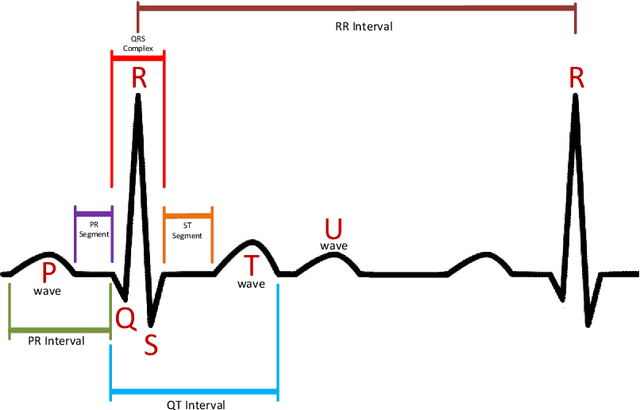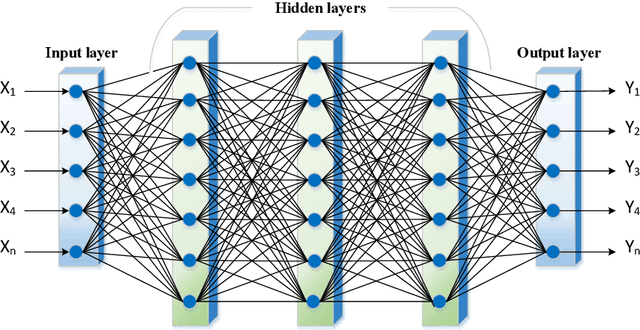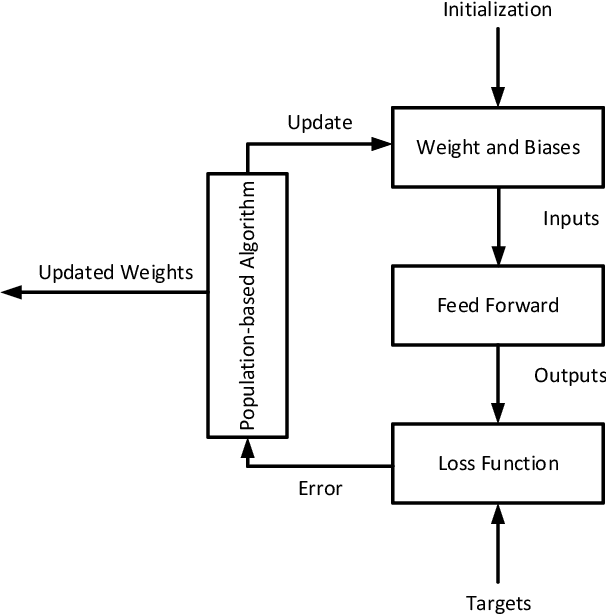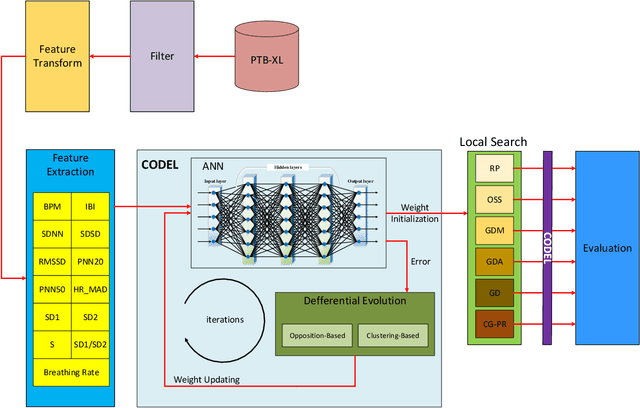Hamzeh Mohammadigheymasi
A Laplacian-based Quantum Graph Neural Network for Semi-Supervised Learning
Aug 13, 2024



Abstract:Laplacian learning method is a well-established technique in classical graph-based semi-supervised learning, but its potential in the quantum domain remains largely unexplored. This study investigates the performance of the Laplacian-based Quantum Semi-Supervised Learning (QSSL) method across four benchmark datasets -- Iris, Wine, Breast Cancer Wisconsin, and Heart Disease. Further analysis explores the impact of increasing Qubit counts, revealing that adding more Qubits to a quantum system doesn't always improve performance. The effectiveness of additional Qubits depends on the quantum algorithm and how well it matches the dataset. Additionally, we examine the effects of varying entangling layers on entanglement entropy and test accuracy. The performance of Laplacian learning is highly dependent on the number of entangling layers, with optimal configurations varying across different datasets. Typically, moderate levels of entanglement offer the best balance between model complexity and generalization capabilities. These observations highlight the crucial need for precise hyperparameter tuning tailored to each dataset to achieve optimal performance in Laplacian learning methods.
A Cluster-Based Opposition Differential Evolution Algorithm Boosted by a Local Search for ECG Signal Classification
May 04, 2023



Abstract:Electrocardiogram (ECG) signals are recordings of the heart's electrical activity and are widely used in the medical field to diagnose various cardiac conditions and monitor heart function. The accurate classification of ECG signals is crucial for the early detection and treatment of heart-related diseases. This paper proposes a novel approach based on an improved differential evolution (DE) algorithm for ECG signal classification. To this end, after the preprocessing step, we extracted several features such as BPM, IBI, and SDNN. Then, the features are fed into a multi-layer perceptron (MLP). While MLPs are still widely used for ECG signal classification, using gradient-based training methods, the most widely used algorithm for the training process, has significant disadvantages, such as the possibility of being stuck in local optimums. Population-based metaheuristic techniques have been effectively used to address this. This paper employs an enhanced differential evolution (DE) algorithm for the training process as one of the most effective population-based algorithms. To this end, we improved DE based on a clustering-based strategy, opposition-based learning, and a local search. Clustering-based strategies can act as crossover operators, while the goal of the opposition operator is to improve the exploration of the DE algorithm. The weights and biases found by the improved DE algorithm are then fed into six gradient-based local search algorithms. In other words, the weights found by the DE are employed as an initialization point. Therefore, we introduced six different algorithms for the training process (in terms of different local search algorithms). In an extensive set of experiments, we showed that our proposed training algorithm could provide better results than the conventional training algorithms.
 Add to Chrome
Add to Chrome Add to Firefox
Add to Firefox Add to Edge
Add to Edge